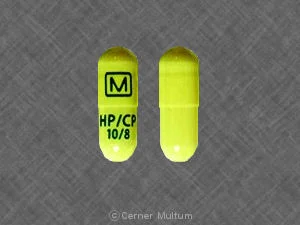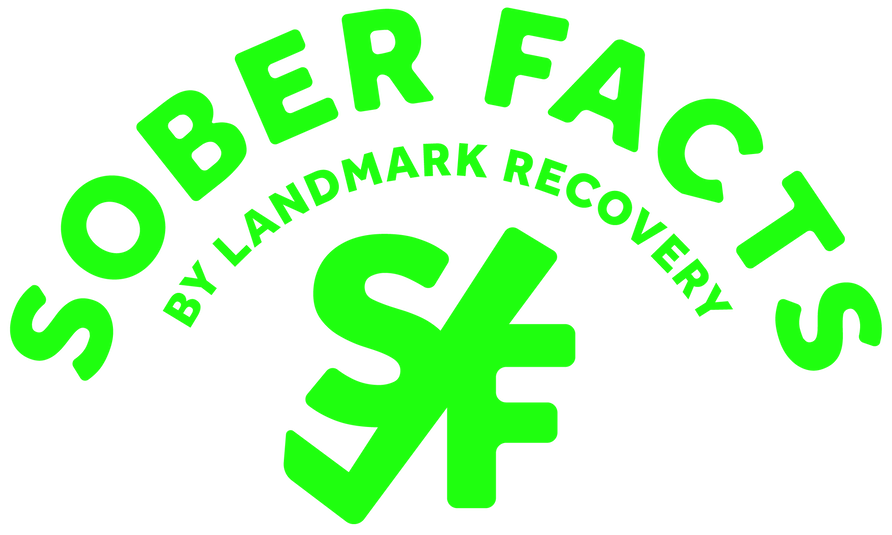Choosing recovery close to home means your support system is just a few miles away.
- 100% Confidential
- Available 24/7
- No Pressure to Commit
- Multiple Financial Options Available
Choosing recovery close to home means your support system is just a few miles away.

Sounds Like: tussy.oh.nex
Classification: Antitussive Narcotic
Controlled Substance Act Schedule: II
Other names for Tussionex

Tussionex is a brand name prescription medication, made as a combination of hydrocodone and chlorpheniramine. Tussionex is used to treat the symptoms of cough and runny nose when a prescription strength medication is needed.
Need help with Tussionex or another drug addiction?
Call Landmark Recovery and speak with an admission specialist today.
Call NowWe're available 24/7 to help you find Recovery
Tussionex is used to treat severe cough in patients where an opioid-antitussive combo works best.
Tussionex is sold in a yellow capsule that contains 10mg of hydrocodone and 8mg of chlorpheniramine. It’s also sold primarily as a 115 mL bottle of gold-colored syrup with a spoon that can be used to measure 2.5 mL and 5 mL doses for patients.

Taking Tussionex in combination with a benzodiazepine or other central nervous system depressant can cause fatal interactions. An overdose of the opioid analgesic can cause respiratory depression, coma, coldness, and hypotension. If a severe overdose occurs, then apnea, circulatory collapse, cardiac arrest and death may occur.
Dependence and tolerance may occur in users of the drug due to the narcotic content. When used for a short period strictly for cough treatment, dependence is unlikely to develop.